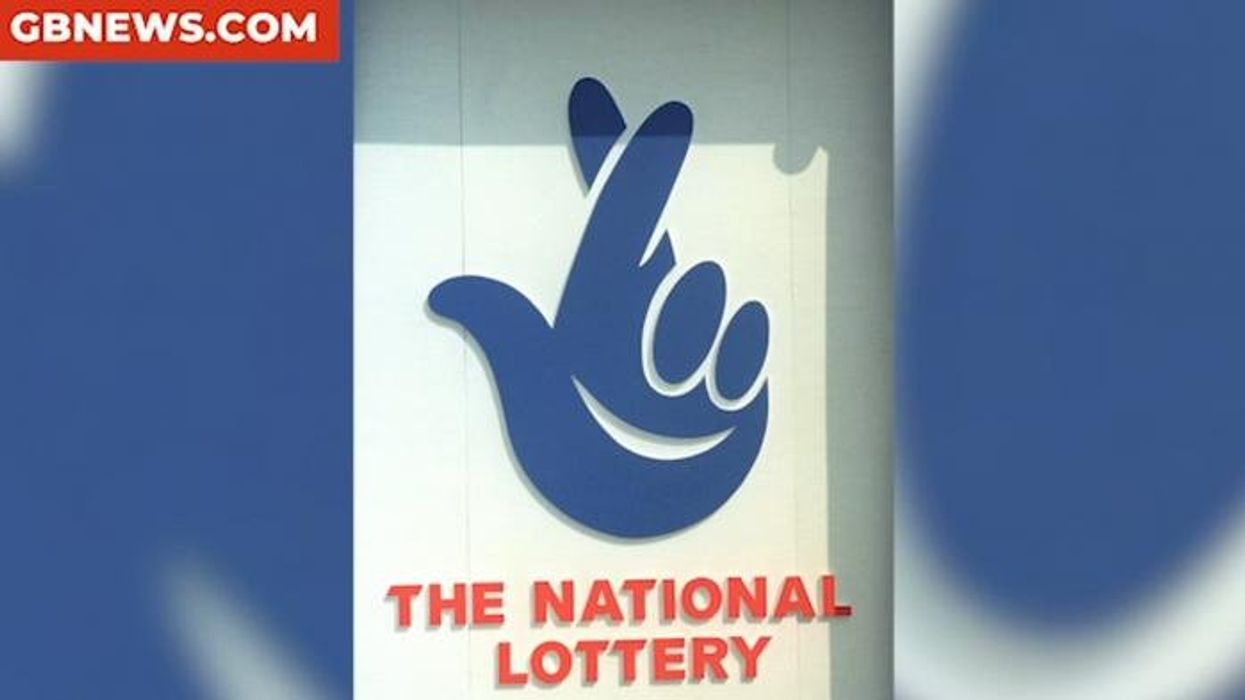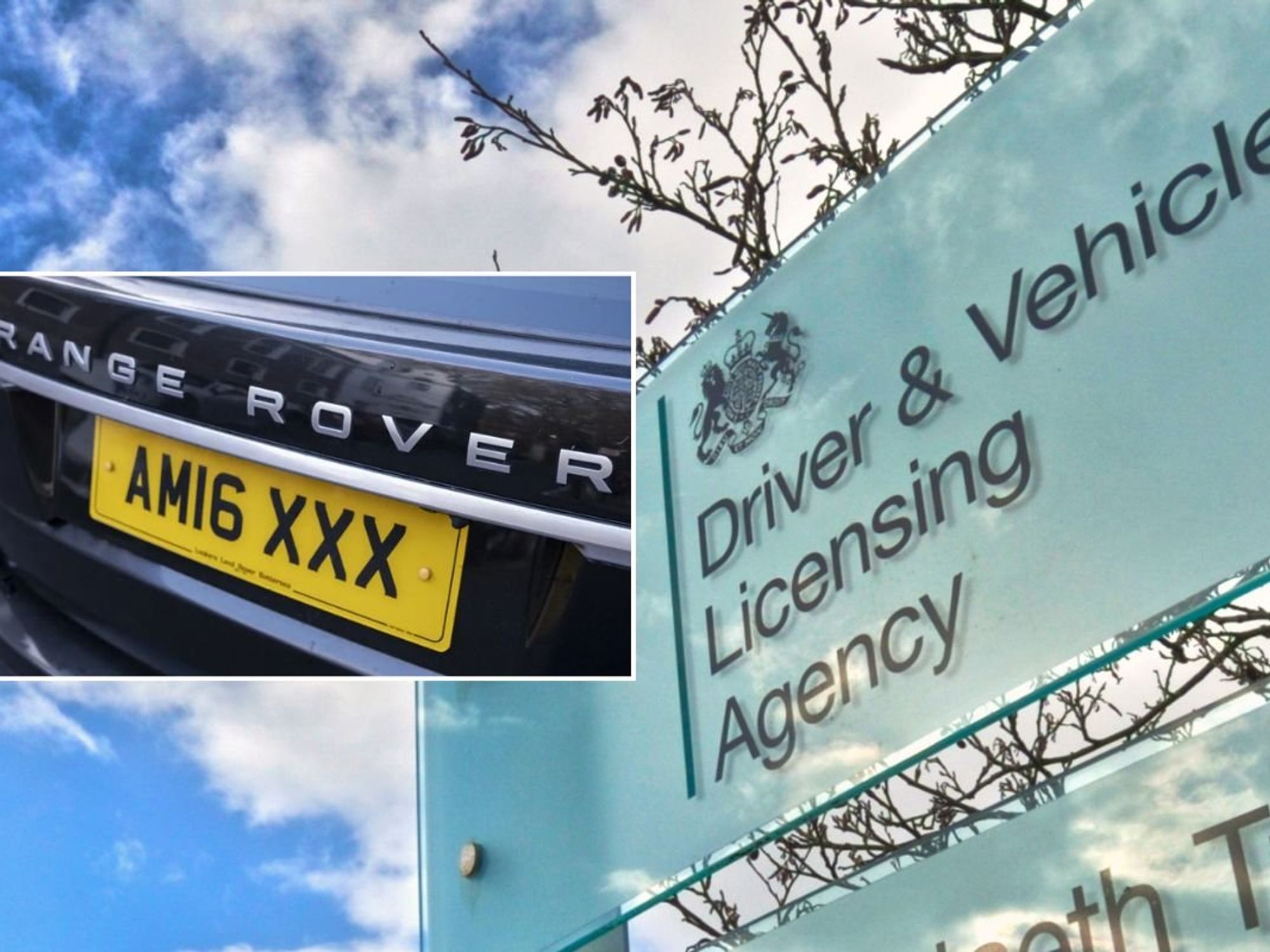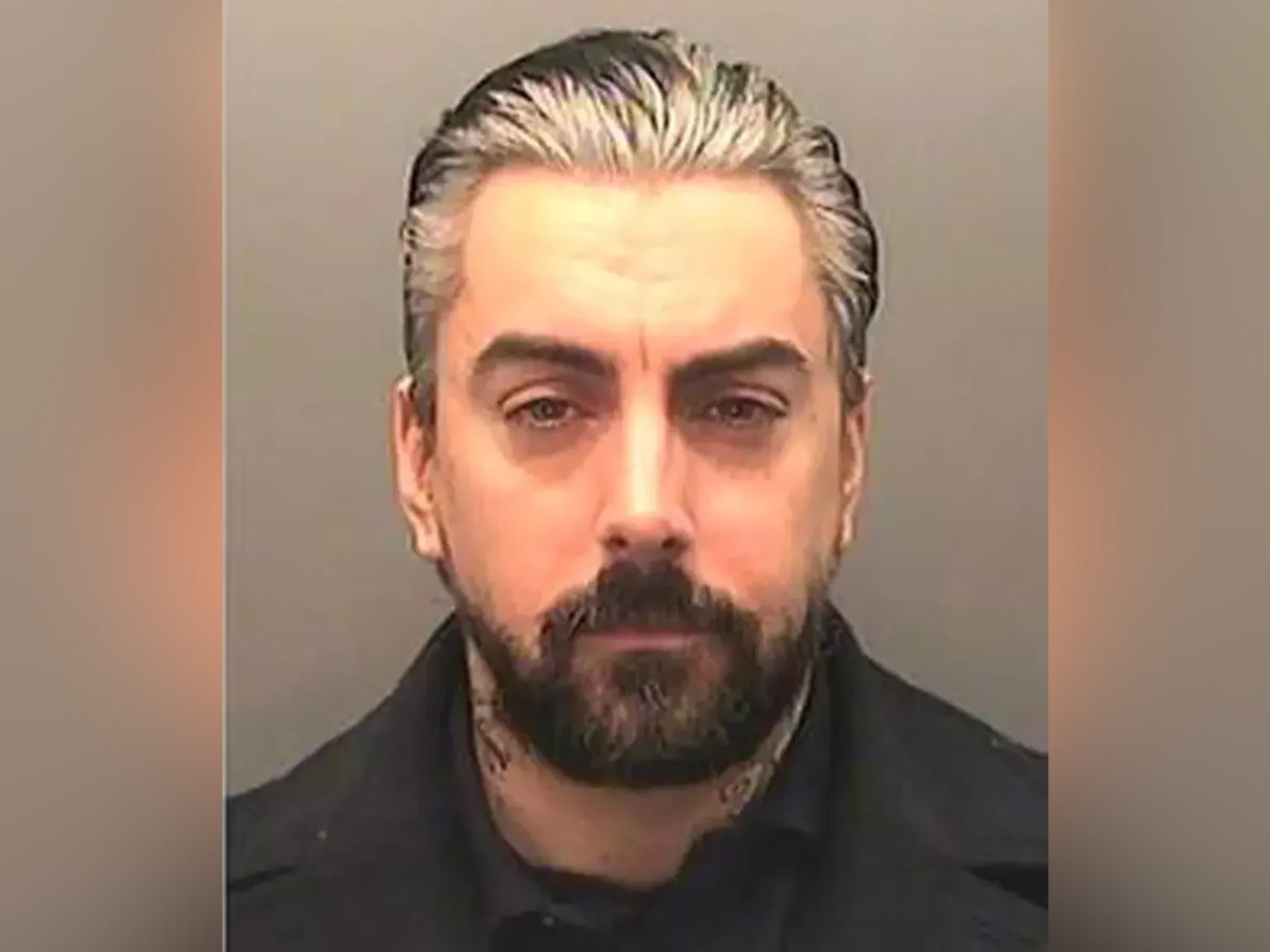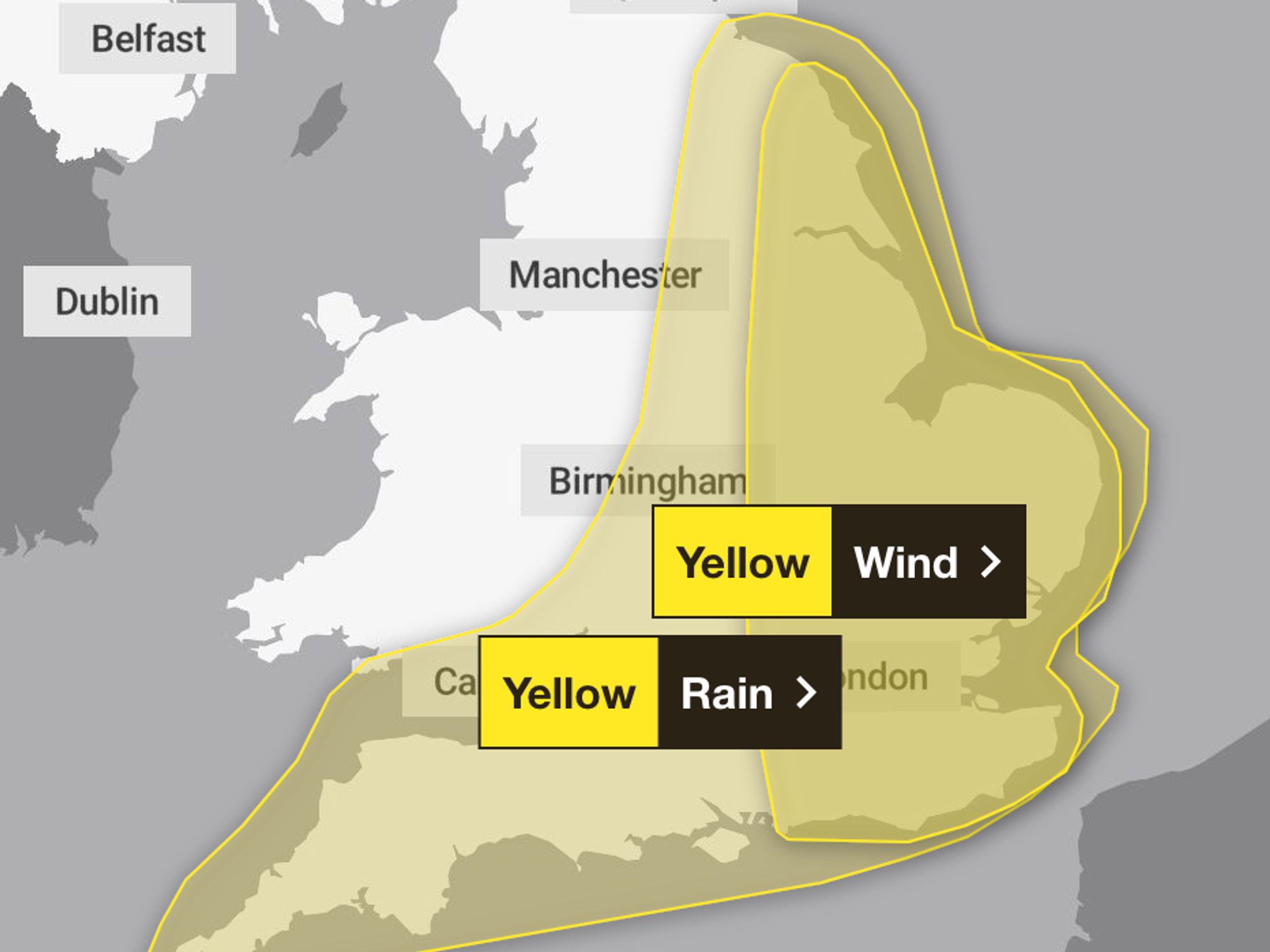Gambling Commission executive denies 'coaching' winner of National Lottery franchise
Both Allwyn and the Gambling Commission have denied the claims - the case continues
Don't Miss
Most Read
Trending on GB News
A Gambling Commission executive denied “coaching” the winner of the lucrative National Lottery franchise by giving them feedback on a crucial part of their bid.
Andrew Wilson, Commercial Director at the Gambling Commission (GC), insisted that all advice given to successful bidder Allwyn was above board.
He said that other applicants for the ten-year licence to run the National Lottery had also received feedback and pointed out that none were aware of the details of the others’ applications.
Mr Wilson was giving evidence at the High Court, where the GC is fighting allegations that it made “manifest errors” in the tender, which saw Allwyn emerge as victors.
TRENDING
Stories
Videos
Your Say
Media tycoon Richard Desmond was also in the contest, but his New Lottery Company (TNLC), a subsidiary of Northern & Shell, came third.
Camelot, the previous holders, took second place and have since been bought by Allwyn, which is owned by Czech billionaire Karel Komárek.
TNLC claims that the Gambling Commission made “manifest errors” in the bidding process.
Had these mistakes not been made, there was a “very real” prospect TNLC would have won, the court has been told.
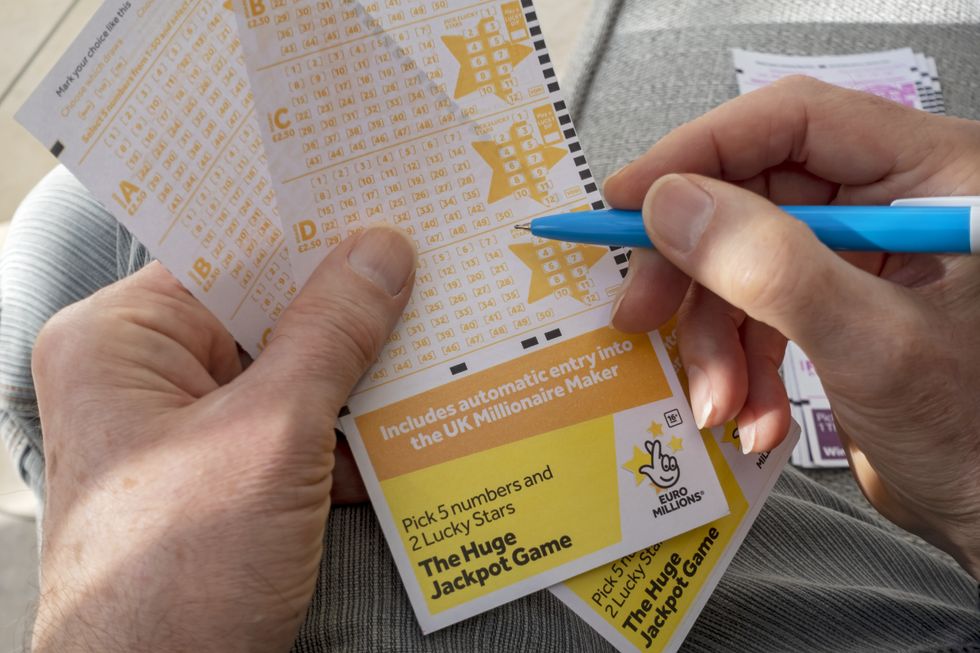
A Gambling Commission executive denied “coaching” the winner of the lucrative National Lottery franchise
| GETTYTNLC and Northern & Shell are claiming up to £1.3billion in the case.
Among the alleged failings was the feedback given to all entrants after the initial phase one of the contest.
This allowed them to improve their submissions before the final phase two entry.
Today, the High Court heard how Allwyn submitted an ‘Operator Share of Surplus’ figure of ten per cent - in effect the profit the operator would take after costs.
Although Allwyn described this as “highly competitive” in its phase one submission, it was far higher than any of the other applicants.
In fact, it was so large that Mr Wilson assumed it may have been an error.
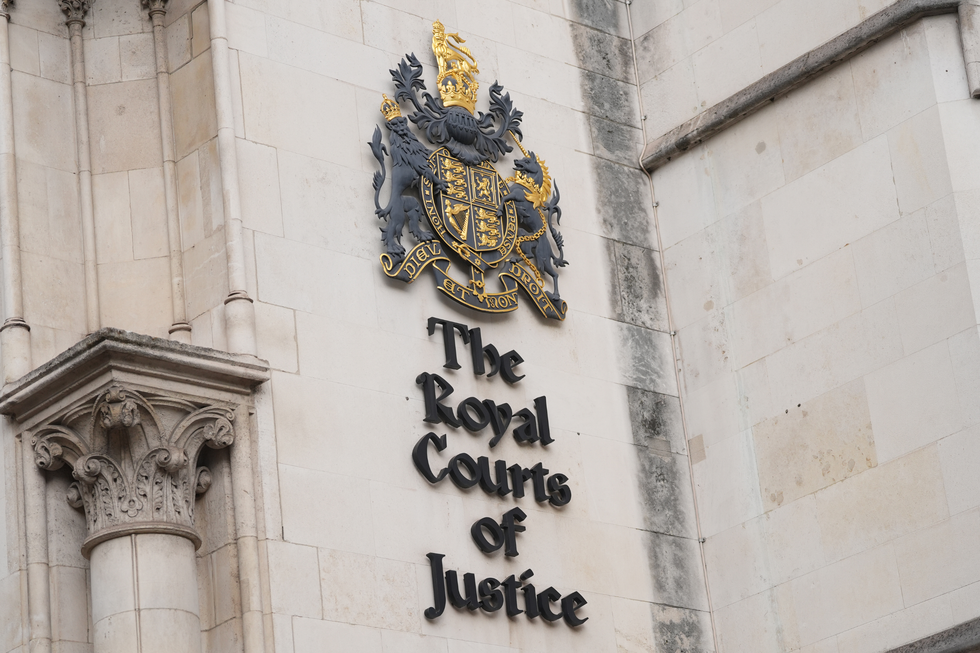
Both Allwyn and the Gambling Commission deny the claims
| PAAlthough feedback was not expected on the OSS part of the submissions, Allwyn was advised by the GC that the number was high, the court was told.
“Camelot didn’t receive any feedback [on this issue] and nor did TNLC,” said Daniel Toledano KC, representing Mr Desmond’s company.
Giving evidence via video link, Mr Wilson insisted that this feedback hadn’t given Allwyn an edge because they weren’t given any comparative information about the rival bids.
He said he had been so surprised at the OSS figure of ten per cent, which was repeated throughout Allwyn’s submission, that he thought it might be an error.
He said: “It looked like a suspiciously rounded number compared to the detail in their business plan. We certainly didn’t expect to see a number of that order described in that way.”
The court was told that Allwyn’s number was “double the top of the expected range”.
It was so high that Mr Wilson believed “it appeared to be an error” or a placeholder, a figure used just for phase one that would be changed later.
Mr Toledano suggested that by informing them how high that figure was, the GC had not only helped Allwyn but revealed information about rival bids.
He said: “The Commission considered Allwyn’s OSS to be high relative to other applicants. If you told them their OSS was high, they knew straight away others must have come in lower.
“They are being told they are high relative to other bids.”
But Mr Wilson replied: “I just don’t believe that’s the case. We didn’t make any reference to other applicants - we made reference to Allwyn’s business plan.”
Mr Toledano also questioned Mr Wilson’s suggestion that Allwyn’s figure wasn’t the true number they intended to submit.
He said: “The way it was described by Allwyn made it clear it wasn’t an error or a placeholder. They described it as ‘highly competitive’.”
“Allwyn may just have wanted a high OSS, to retain a large part of the surplus. It would be a possibility, would it not? Did you consider that possibility at the time?”
Mr Wilson answered: “We did. We looked at our expectations and couldn’t see how, in light of their business plan, why they would put a figure in this high. It seemed completely inconsistent with their business plan.”
Mr Toledano told the court that an error in such a vital area would likely have been picked up by senior executives at Allwyn before being submitted.
He said: “Are you seriously suggesting someone at Allwyn has done this in error? What about the senior people in Allwyn reviewing the bid? Did you think they would overlook this part of the bid - perhaps the most important part from a commercial perspective?”
Mr Wilson said: “We thought it was probably a placeholder. The only other explanation was an error. It seemed to us these were the only two explanations.”
Mr Toledano asked: “Did you think someone at Allwyn preparing this bid had intended to put a low number but, by mistake, put down ten per cent everywhere?”
Mr Wilson said: “I didn’t try to put myself in the minds of the applicants. We just looked at the data.”
Mr Toledano told the court that there was a danger of “coaching” in the feedback, which could allow one entrant an advantage over the others.
“You knew at the time that coaching was a real concern in relation to this,” he said. “Coaching in relation to any aspect of phase one feedback was a concern. If you were giving feedback relative to other bids, that would have given them an idea where to target.”
But Mr Wilson insisted: “Coaching applicants in any area of their feedback was something we were very conscious not to do.”
Mr Toledano went on: “You gave Allwyn feedback as you thought their [figure] was high compared to the other bidders and had to come down.”
But Mr Wilson replied: “We thought it was out of proportion to their additional work, not relative to the other applicants.”
Mr Toledano suggested that if it really had been an error, the Commission could simply have asked Allwyn for clarification.
But Mr Wilson said he hadn’t believed this would be appropriate.
“We didn’t want to get drawn into discussions with the applicant or drawn into giving relative comparisons,” he told the court.
The trial, expected to last seven weeks, has heard claims that the Gambling Commission fell short on a number of issues.
As well as the feedback, which TNLC says allowed Allwyn to shape its bid more advantageously, it was claimed that during the licensing process, Allwyn “repeatedly breached” a publicity protocol designed to ensure “a level playing field” between bidders.
It is also alleged that both Allwyn and Camelot should have been disqualified from the process for serious failures in their bids.
However, each was allowed to continue.
Further, TNLC says that the terms of the contract were modified after the winner was announced.
Had TNLC known of these modifications, its bid may have been different, and the outcome affected.
It is also alleged that Allwyn is unsuited to run the lottery because its parent company, KKCG, has links with Russian-owned businesses, including Gazprom.
Both Allwyn and the Gambling Commission deny the claims.
The case continues.
Our Standards: The GB News Editorial Charter
More From GB News


